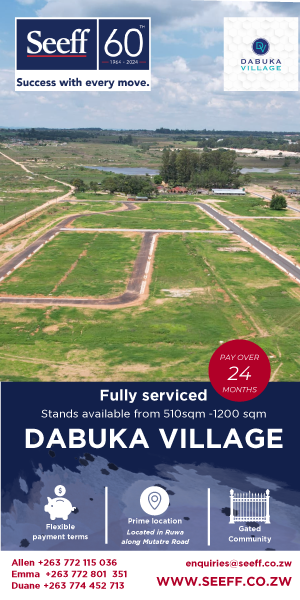ZimParks struggles to curb human-wildlife conflict
- Category: General

- By Dion Kajokoto
RESOURCE constraints are hampering the Zimbabwe Parks and Wildlife Management Authority (ZimParks) efforts to reduce human-wildlife conflict, the authority has revealed.
ZimParks has inadequate vehicles and low ranger numbers to deal with stray wildlife that ends up encroaching onto human settlements damaging infrastructure, killing people and domestic animals.
Fulton Mangwanya, the authority's director-general, addressed the issues during an indaba on the Human Wildlife Conflict Relief Fund held last week at the Zimbabwe International Trade Fair's agriculture pavilion. He explained that ZimParks, like any other tourist firm, is expected to pay duty on equipment received as donations or vehicles purchased. "That is why we are sometimes unable to respond in time due to a lack of resources. "Our main problem is that we are looking at human-wildlife conflict and we say let us deal with it, let us get money, that is not the solution," he went on to remark.
Mangwanya previously stated that 300 people have been murdered by wild animals since 2019. "We're talking about 300 individuals dying in 2019, and we wouldn't have reached that number even if we had a climate change crisis.
"The ZimParks should be well-equipped. If ZimParks was equipped, it would have cars for responding quickly to reports, drones, and helicopters. "It will be very easy to deal with the problem because these people sight problem animals before they kill people and they can spend the whole day and second day, then we react when someone has been killed." Mangwanya also stated that ZimParks was experiencing a major manpower deficit. "We have a scarcity of rangers that can police the area around the clock, but we are unable to recruit. We don't have the resources. The majority of our money goes toward paying duty.
"We are paying car duty, which is why we are requesting assistance from the ministry right now since it is proving to be really difficult. "The provinces with the worst animal populations are those with poor road infrastructure. You mention Plumtree to Mabhongwane Dam, Mzingwane, Nkayi, and Tsholotsho. "The route from Lupane to Kwekwe is awful, and how can these people claim we're working together? Wherever we perform wildlife conservation, we should do it with, for, and by the people, but there is nothing in this situation."
He stated that if ZimParks responded quickly to reports of wildlife in communities, people would have confidence in the authority. "But we need resources to do that, and we believe we have an elephant management policy. "If you go through that, it was approved, it allows us to manage problem animals, manage animals when they are increasing numbers like the way it is right now," he went on to say. Mangwanya also stated that resource restrictions were harming the authority's efforts to run campaigns on human-wildlife conflict.






